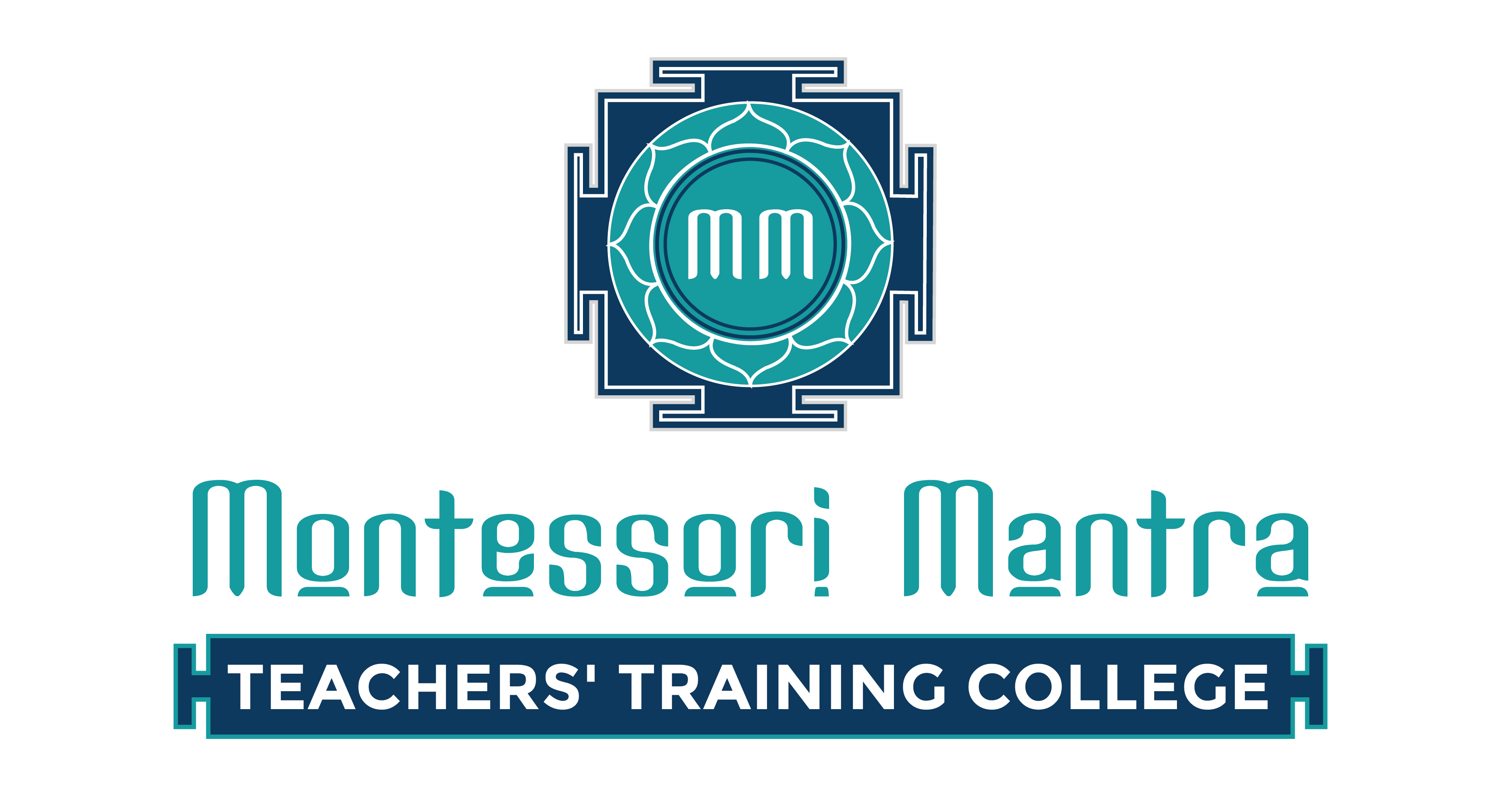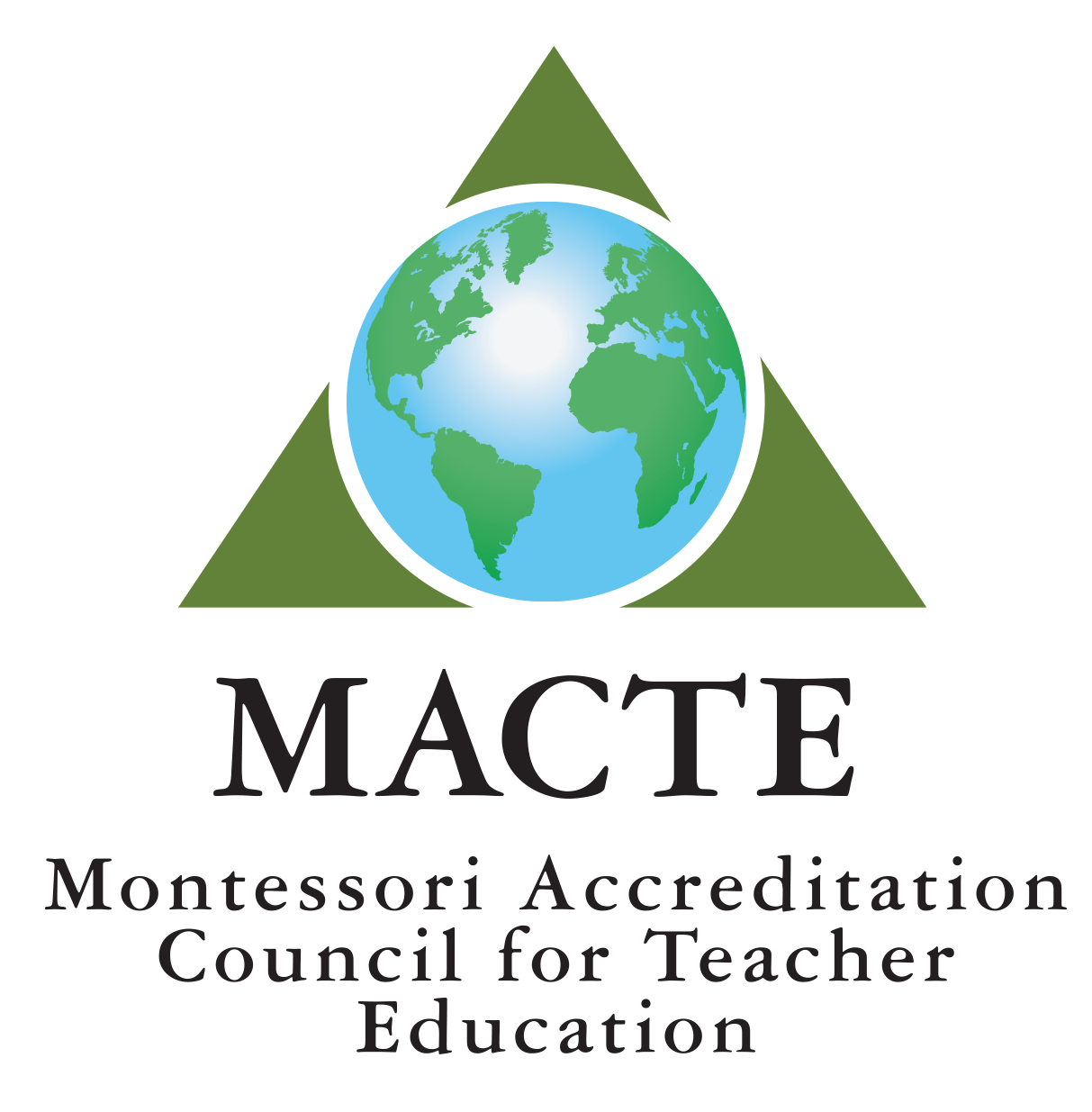
Montessori education is known for its flexibility and focus on individualized learning, making it an ideal approach for children with special needs. By adapting the learning environment to each child’s unique abilities, Montessori methods provide a supportive and inclusive framework. Whether a child faces physical, cognitive, or emotional challenges, Montessori education emphasizes respect, patience, and self-paced learning, offering tailored support that encourages growth.
Individualized Learning Approach
One of the hallmarks of Montessori education is its ability to cater to each child’s individual learning style and pace. For children with special needs, this is especially valuable. Montessori classrooms provide an open-ended learning environment where children are free to explore and work at their own speed, without the pressure of rigid timelines or expectations. Teachers observe and adjust lessons based on the child’s developmental stage, ensuring they receive the right level of challenge and support.
Sensory-Rich Learning Environments
Montessori classrooms are designed to engage all of a child’s senses, providing sensory-rich materials that support different types of learners. For children with sensory processing disorders or other developmental challenges, these materials offer a hands-on way to explore and understand the world. Montessori’s emphasis on tactile learning and sensory input can be especially beneficial for children with special needs, helping them connect to their environment in a more meaningful way.
Fostering Independence Through Practical Life Activities
Practical life activities, such as dressing, pouring, and cleaning, are core components of Montessori education. These activities promote independence and self-sufficiency, allowing children with special needs to build confidence in their abilities. By breaking down tasks into simple, manageable steps, Montessori helps children with motor challenges or developmental delays master essential life skills at their own pace. This focus on independence nurtures self-esteem and a sense of accomplishment.
Multi-Age Classrooms for Social Learning
Montessori’s mixed-age classrooms create a natural environment for peer learning and social development. For children with special needs, learning alongside both younger and older peers offers opportunities to practice social skills in a supportive setting. Peer interactions can be less stressful in a Montessori classroom, where collaboration and mentorship are encouraged rather than competition. This structure helps children with special needs develop empathy, patience, and stronger social connections.
Respecting the Whole Child
Montessori education emphasizes the importance of educating the “whole child,” focusing not just on academic growth, but on emotional, social, and physical development. For children with special needs, this holistic approach ensures they receive support in every area of their development. Montessori teachers respect each child’s abilities and challenges, providing an inclusive environment that encourages emotional growth and resilience. By recognizing the individual strengths of each child, Montessori education fosters a sense of belonging and empowerment.
Supportive and Observational Teaching Style
Montessori teachers act as observers and guides, allowing children to take the lead in their learning. For children with special needs, this supportive and non-intrusive teaching style is particularly beneficial. Montessori educators are trained to recognize each child’s strengths and challenges through observation, adjusting the curriculum and environment to fit their needs. This flexible, child-centered approach ensures that children with special needs are supported without being pressured or rushed.
Empowering Special Needs Learners Through Montessori
The Montessori method provides a nurturing, adaptable, and inclusive learning environment that is well-suited for children with special needs. By focusing on individualized learning, sensory engagement, and fostering independence, Montessori education empowers special needs learners to thrive at their own pace. Its holistic and child-centered approach ensures that every child, regardless of ability, is given the tools and support needed to grow with confidence and self-assurance.


